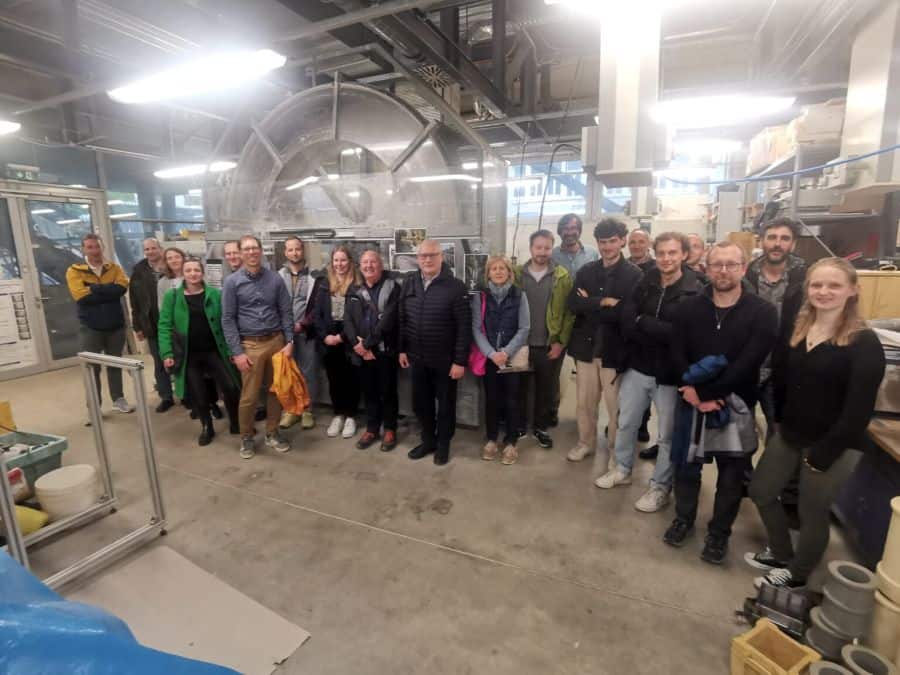Wildfires in Alpine regions are becoming increasingly relevant due to shifting climate patterns.
At the 2ⁿᵈ Alpine Workshop on Fire-Induced Geohydrological Processes in Mountainous Areas (Vienna, April 2025), hosted by BOKU University and GEOCHANGE Consulting, experts from Europe, New Zealand, and the USA discussed cascading hazards such as debris flows, rockfalls, and floods that can persist long after a wildfire event.
A key message was the need for proactive climate adaptation: adaptive forest management (e.g. promoting broadleaf species), systematic monitoring of burn severity and hydrological response, and integrated protection strategies for high-risk areas. Long-term adaptation requires not only technical measures but also stronger local capacities, public awareness, and data-driven decision-making to cope with compound and delayed postfire risks.
As ADAPTNOW project partner, Dr. Ivo Baselt from the University of the Bundeswehr Munich contributed a specialist input on shared mechanisms between post-wildfire debris flows and extreme runoff over frozen soils. His presentation highlighted the parallels between two climate-sensitive hazard types and their implications for early warning, mitigation, and land-use planning in Alpine regions.
This contribution strengthened the ADAPTNOW mission by linking wildfire-related geohazards to broader adaptation strategies in Highly Affected and Exposed Territories (HAETs), reinforcing the need for integrated and anticipatory risk governance across sectors and seasons.
Learn more at: https://firegeocascadenetwork.com


